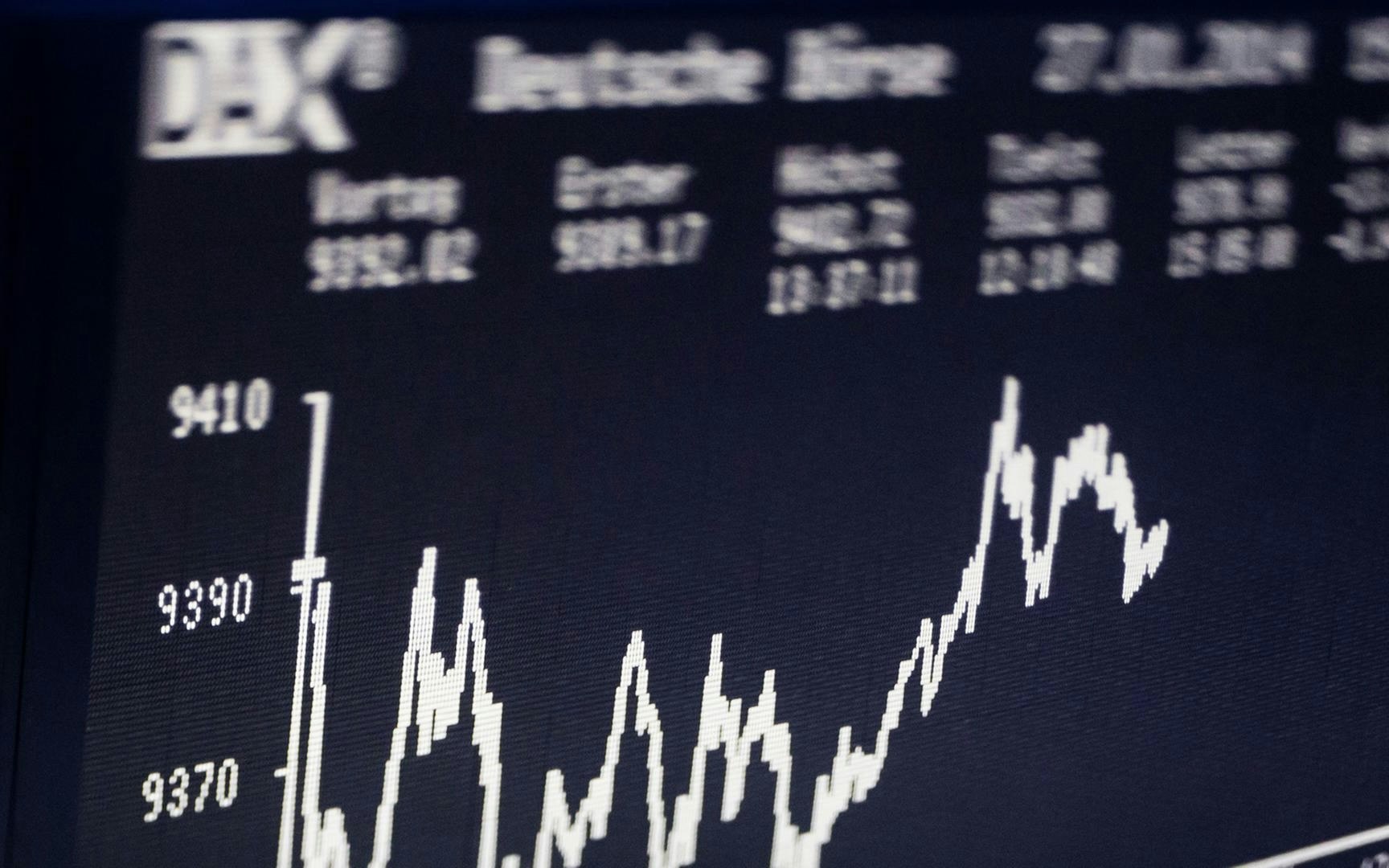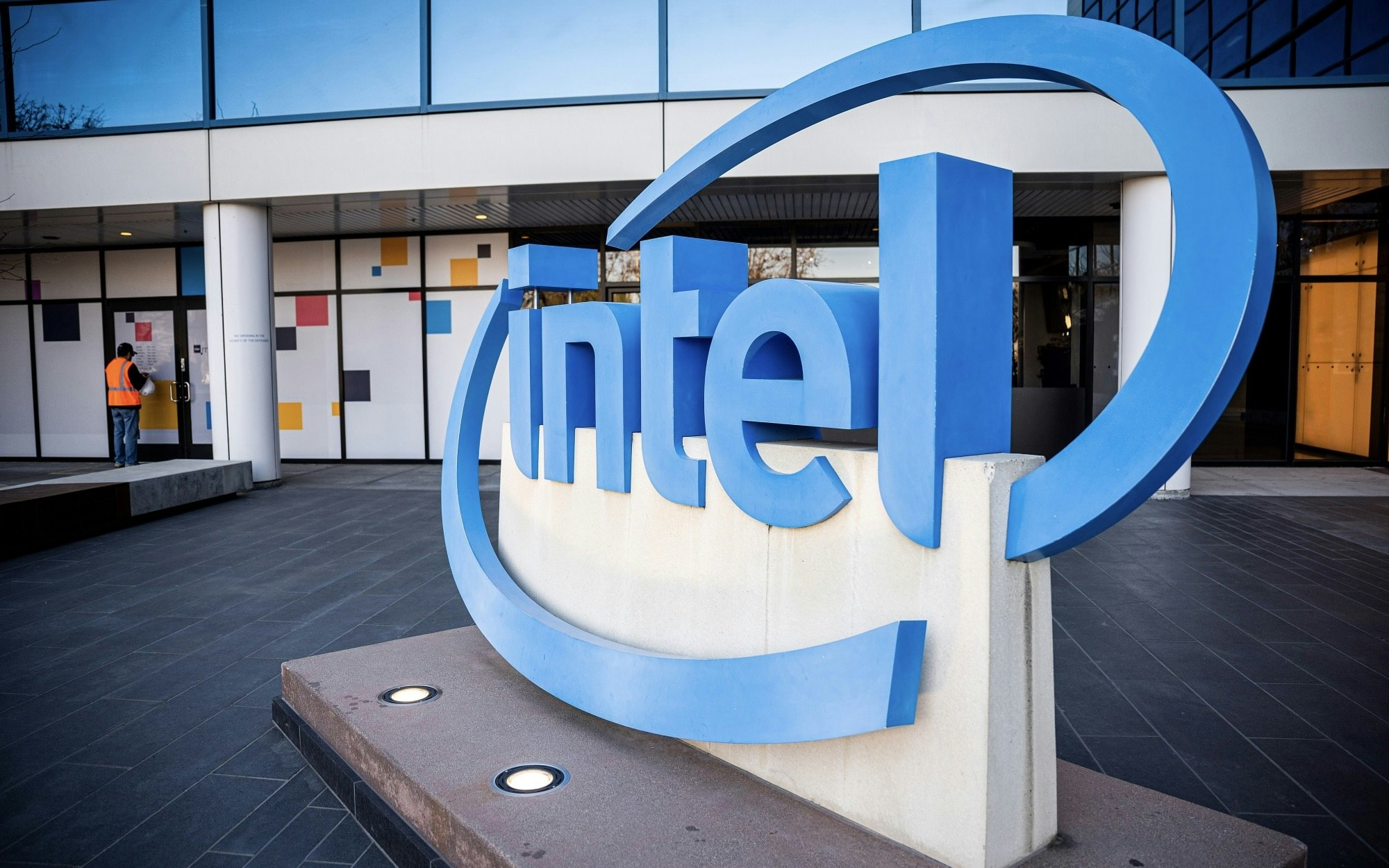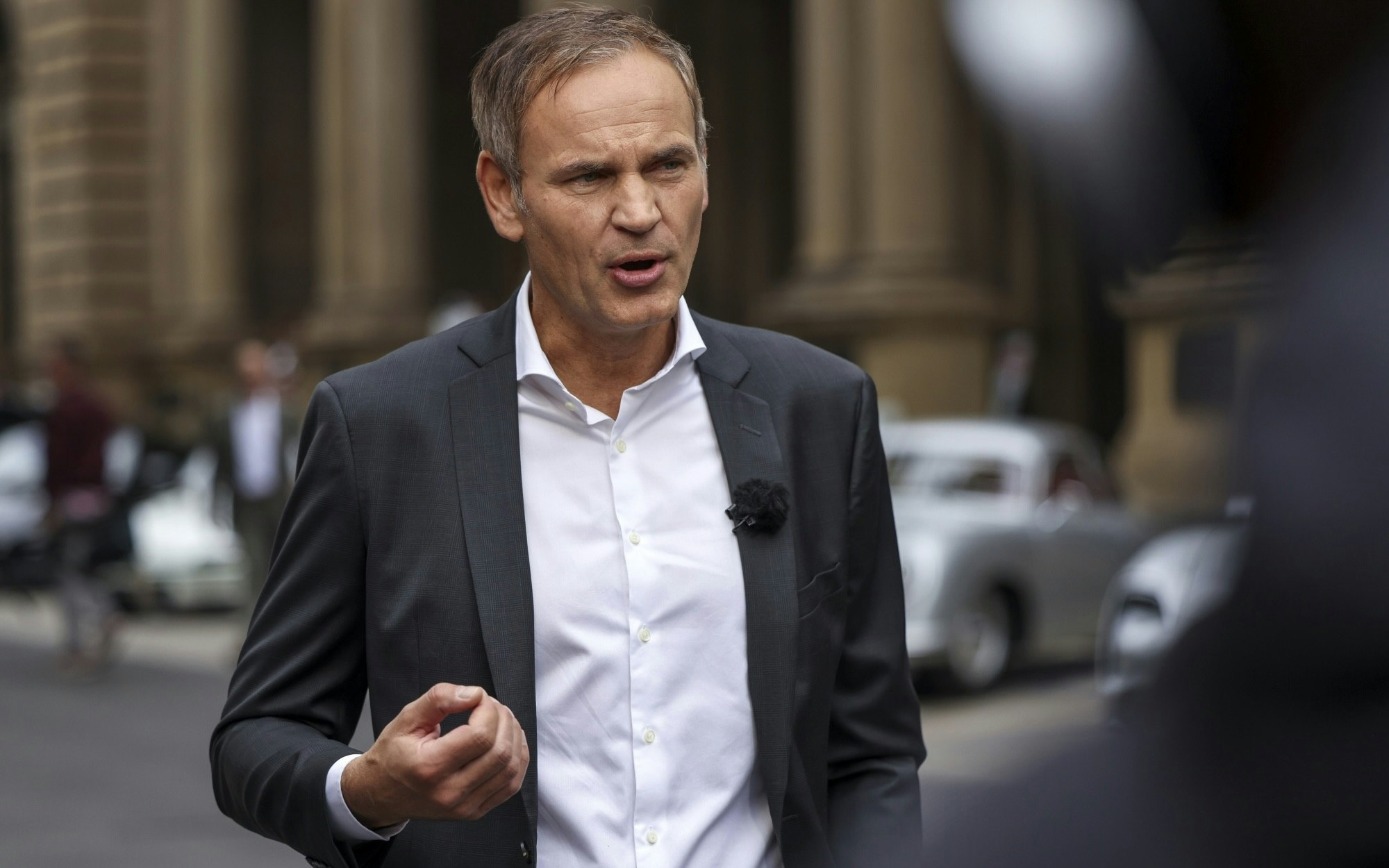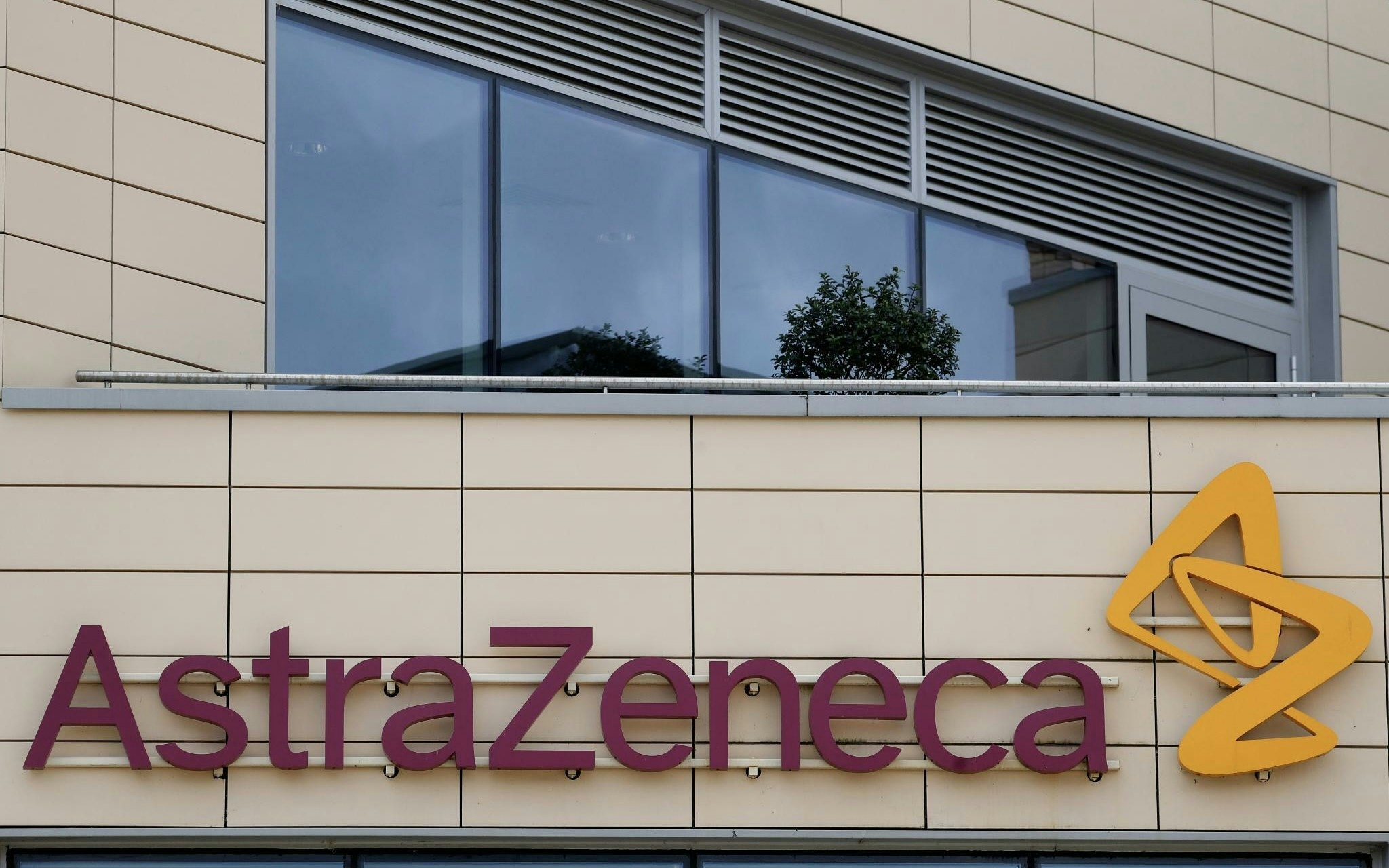Markets
Interest Pressure on Dax Companies: Who is Trapped in the Interest Rate Pitfall?
DAX companies are facing the challenge of refinancing half of their half a trillion Euro bond debt soon.

The turnaround in interest rates is slowly reaching the financial strategies of Germany's major corporations. Handelsblatt calculations show that in 2024 alone, debt of 69 billion Euros will be due among the DAX-40 companies. These debts were incurred during the zero-interest phase and now either need to be repaid or refinanced at significantly higher interest rates. Since the inception of the zero-interest policy, DAX companies have been heavily in debt, reaching a historic high of 650 billion Euros, twice as much as ten years ago.
A large portion of this debt consists of bonds worth 522 billion Euros, of which securities worth 231 billion Euros will expire by 2026 - representing 44 percent of the total bond debt. According to Commerzbank analyst Markus Wallner, this will lead to a significant burden on companies due to increased interest payments.
The era of zero interest rate policy has led corporations into an interest rate trap, in which they maneuvered themselves by accruing debt. Now, as interest rates rise, companies are in distress. Particularly affected are companies with high debts and weak business models, which have to refinance at significantly higher interest rates or have to repay their low-interest debts at a higher cost.
After the significant increase in key interest rates in the Eurozone from zero to 4.5 percent within a year, the era of cheap loans is over. According to Dominikus Wagner from Wagner & Florack, an independent wealth management firm, this can lead to not only higher costs for businesses but can also pose existential risks due to significantly higher interest rates.
Companies with high cash balances and low liabilities benefit from rising interest rates as they earn higher interest income. However, even star economist Mohamed El-Erian warns of the effects of higher interest rates on credit risks. He predicts that by 2024, credit risk will replace the "great fear of the market" as central banks will no longer be the focus of interest. Instead, debt and loans will come into focus, especially if companies have to refinance at significantly higher interest rates or have to pay off their old debts at a higher cost.
Siemens Energy is facing the most pressure among the DAX companies. In the coming year, bonds worth 4.8 billion euros are already expiring, which accounts for more than half of its total debt of 7.7 billion euros. Due to the difficult financial situation, it will become expensive for the company to obtain new bonds at an interest rate significantly above five percent. Other companies, such as auto parts supplier Continental, semiconductor manufacturer Infineon, and utility provider RWE, are also under pressure, albeit to a lesser extent. At RWE, bonds worth five billion euros are expiring next year, which represents over a third of its total debt.
Thanks to its focus on renewable energy and energy transition, RWE was able to achieve a net income of 3.6 billion euros this year. Meanwhile, Bayer is struggling with high debts amounting to 40 billion euros, largely due to the expensive acquisition of Monsanto. In 2024 and 2025, a total of around four billion euros will need to be refinanced or repaid, leading to higher interest payments. Due to declining global market prices and lower sales volumes of consumer goods, the company had to accept a nearly one-third profit drop in the third quarter compared to the previous year. Due to impairments in the agriculture sector, Bayer even recorded a net loss of 4.6 billion euros.
With 137 billion Euros in net financial liabilities, Deutsche Telekom is the most indebted corporation among all German companies. Its net financial liabilities far exceed those of the remaining DAX corporations. The main focus is on the outstanding bonds amounting to a good 90 billion Euros. The total sum fluctuates due to the fact that a large proportion of the bonds are in dollars and are therefore subject to exchange rate fluctuations.
In the coming year, Telekom bonds with a volume of 5.2 billion euros are due to expire, followed by a further six billion euros in 2025 and seven billion euros in 2026. However, interest burdens will not increase immediately as some of the old, high-yield bonds expire. But time is against the company, as these old bonds from the low-interest years are coming to an end and must be replaced by higher-yield debt securities.
To reduce debts and thus also future interest burdens, Telekom has prematurely repurchased bonds worth billions in the past. In addition, it has sold the majority of its cell tower business, thereby earning 10.7 billion Euros. Despite these measures, net financial liabilities have increased by twelve and a half billion Euros over the past three years. Reasons for this are, in addition to investments, also high expenditures for stock buybacks. The subsidiary T-Mobile US alone purchased its own shares worth 7.6 billion Euros in the first half of 2023, totalling up to 15.2 billion Euros over the past three years.
Debt repayment is not a priority for Telekom in the future too. At an investor event, US CEO Mike Sievert announced a provision of another 19 billion dollars for share buybacks. The parent company in Bonn does not want to lag behind and plans to buy back its own T-shares worth up to two billion euros by 2024. Telekom is convinced that it has sufficient financial leeway, after the annual forecast was raised for the third time in a row in the third quarter.
The free cash flow is expected to rise to over 16.1 billion euros this year. Last quarter, Telekom achieved a net profit of 1.9 billion euros, compared to just under 1.6 billion euros in the same period last year. Shareholders welcome such measures as they reduce the total number of shares and future profits and dividends are distributed over fewer shares. This usually drives up the share price, but it also increases the company's debt.
For heavily indebted "zombie companies", the impacts of rising interest rates could be even more dangerous than for large DAX corporations. These companies might have to pay more interest in the future than they can generate from their operational business. Marcus Hüttinger, market strategist at investment house Gané, warns in his recently published article "The Gravitational Force of High Interest Rates" of further corporate bankruptcies that could be caused by higher financing costs. These firms have benefited from the zero interest rate policy in the past and are now facing difficult challenges.









